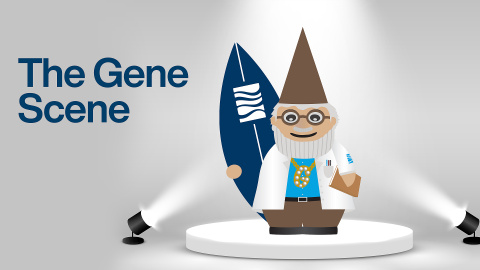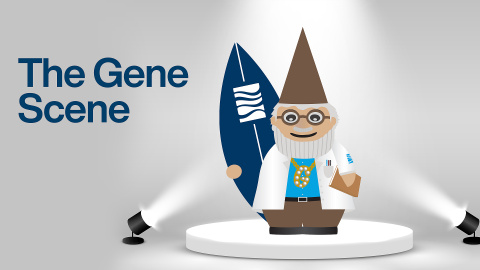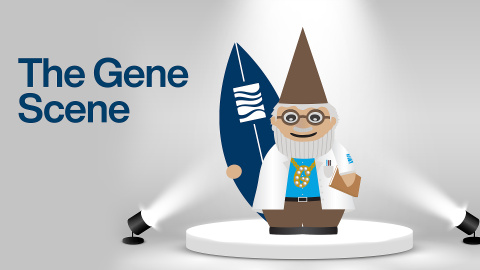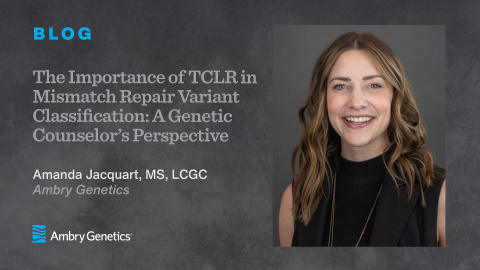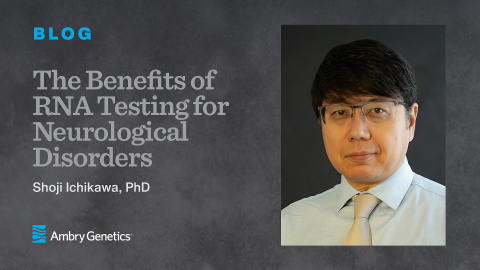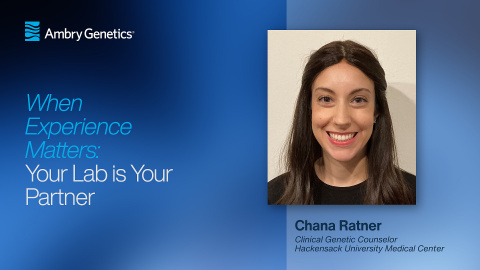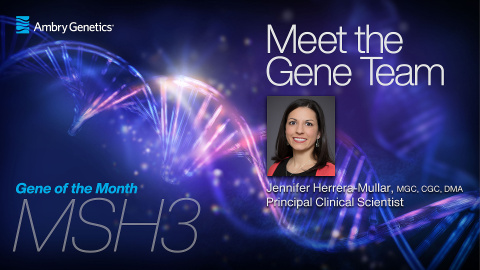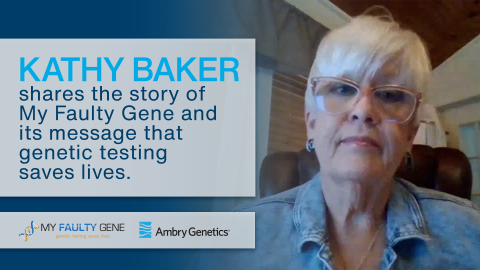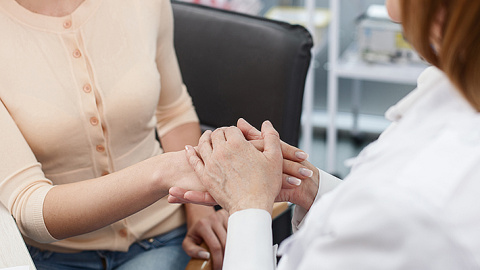- By Bradley Power, MS, CGC
- Posted August 5, 2025
The Gene Scene: TGFBR1
Welcome to the Gene Scene! Each week, we will explore a gene from the ACMG Secondary Findings list—genes identified by the American College of Medical Genetics and Genomics as having clear, actionable health implications. These genes are included because they’re linked to serious but preventable or manageable conditions when identified…
- By Jessica Gage, MS, CGC
- Posted July 21, 2025
The Gene Scene: PCSK9
Welcome to the Gene Scene! Each week, we will explore a gene from the ACMG Secondary Findings list—genes identified by the American College of Medical Genetics and Genomics as having clear, actionable health implications. These genes are included because they’re linked to serious but preventable or manageable conditions when identified…
- By Rachel Bluebond, MMSc, CGC
- Posted July 16, 2025
The Gene Scene: VHL
Welcome to the Gene Scene! Each week, we will explore a gene from the ACMG Secondary Findings list—genes identified by the American College of Medical Genetics and Genomics as having clear, actionable health implications. These genes are included because they’re linked to serious but preventable or manageable conditions when identified…
- By Amanda Jacquart, MS, LCGC
- Posted July 31, 2024
The Importance of TCLR in Mismatch Repair Variant Classification: A Genetic Counselor’s Perspective
In the field of genetic counseling and testing, the stories of patients and the healthcare professionals who guide them through their journeys are as compelling as they are educational. Recently, I had the privilege of working with Alyssa Valentine, MS, CGC, a senior genetic counselor at Cook County Health in Chicago, Illinois. In her role in a…
- By Shoji Ichikawa, PhD
- Posted March 19, 2024
The Benefits of RNA Testing for Neurological Disorders
Introduction Clinical genetic testing is a powerful diagnostic tool for neurological disorders. The utility of genetic testing can be diminished by the large number of variants of uncertain significance (VUS). Variant classification for neurological disorders has additional challenges because clinical evidence is often limited. The biggest limitation…
- By Jessica Scott, MGC, CGC
- Posted January 17, 2024
The Patient Impact of Lab Expertise and Collaboration
“My advice for clinicians and healthcare providers who are ordering genetic testing is [that they] should feel that they are partners with the lab,” explains Chana Ratner, Genetic Counselor at Hackensack University Medical Center. We were grateful for the opportunity to connect with Chana and to discuss her experience as a clinical genetic…
- By Jodi Tahsler
- Posted April 11, 2023
Meet the Gene Team: Jeni Herrera-Mullar, MGC, CGC, DMA, presents the Gene of the Month, MSH3
Meet the Gene Team The Gene Team is an essential part of Ambry Genetics. This passionate team of experts is inspired by advancing the science of gene characterization and being able to help patients. For our second installment, we would like to introduce Jeni Herrera-Mullar, MGC, CGC, DMA, Principal Clinical Scientist at Ambry Genetics. Jeni…
- By Jodi Tahsler
- Posted November 10, 2022
A Q&A with My Faulty Gene founder Kathy Baker
My Faulty Gene is a nonprofit organization that provides information and assistance to individuals whose family medical history suggests genetic testing might be helpful in identifying an increased risk of disease due to a genetic mutation. They believe that everyone in need of genetic testing should have access to it. We sat down with Kathy…
- By Jessica Profato, MS, CGC
- Posted June 8, 2018
I Survived Cancer, so Why do I Need Genetic Testing for it?
As a clinical genetic counselor, I saw many cancer survivors for genetic counseling. In some cases, it had been 30-40 years since they were diagnosed. Some of them were in their 60s-70s when I saw them, but they were young at the time of their cancer diagnosis. Years later, they were referred to me to talk about the possibility that their history…
- By Laurie Curtis
- Posted September 28, 2017
How my Genetic Counselor Provided Guidance When I Needed it Most
I went in for genetic testing because cancer runs in my family: My maternal grandfather had prostate cancer; his sister had an unidentified cancer; my mother died from ovarian cancer; both her sisters have had breast cancer, one of which had bilateral breast cancer, 18 years apart; and 2 of my 3 female cousins have had breast cancer. One cousin…
